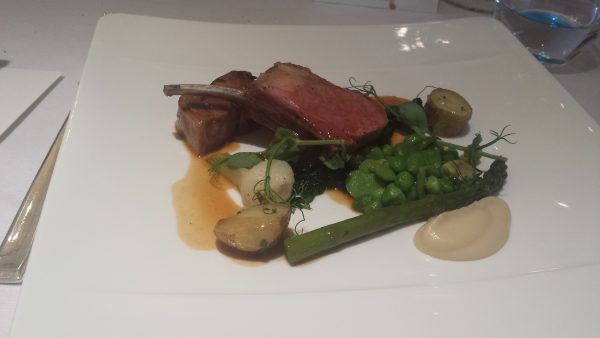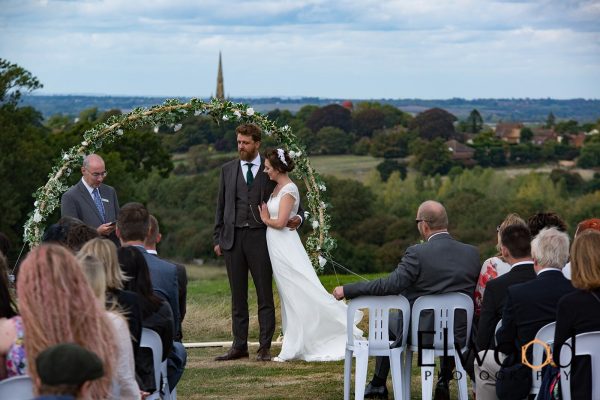
Micro-weddings
It’s time to take a look at the relatively new trend that is changing the face of weddings across the UK (and beyond).
I’m referring to micro-weddings.
Of course, people are still looking at “traditional” weddings (bride in white, formal processions, receptions for large numbers, and the like). Hopefully, after 21st June, weddings will be unrestricted again (although social distancing will surely still apply) and people will be able to pursue this lovely course of action once more.
However, there are more choices open to couples nowadays, as people have had to adapt to the draconian regulations imposed on us. With guests and participants severely limited, what has changed?
Excessive pomp has been limited, but the budget for weddings has not necessarily decreased. Demand is exceeding supply at the moment, which can add a premium to the budgeting. Couples are also focussing on quality, as that appears more affordable. The guest list might be smaller (allowing you substantial savings), but that has opened the way to, for example, providing better champagne!
As such weddings are often not “traditional”, they can become more personalised. I hardly need say that, as a civil celebrant, I have been offering personalised ceremonies for years, but this is becoming the norm now.
So the proceedings can be far more relaxed. The bride’s father might not give the bride away. The bride might dress in colours or separates. Dresses may be shorter and less formal nowadays.
Venues can be less formal too, as cafes or bandstands come into the equation. Decoration still plays a big part, but quality can stand out at smaller-scale events. There can be personalisation for the guests too – perhaps their name can be inscribed on the cutlery, for example.
Make the ceremony yours.
Don’t forget that a civil celebrant will add so much to your ceremony, whether it be a larger “traditional-style” event or a micro-wedding. Just contact Michael for a chance to find out how!

